48,000 Rohingya babies set to be born in Bangladesh camps
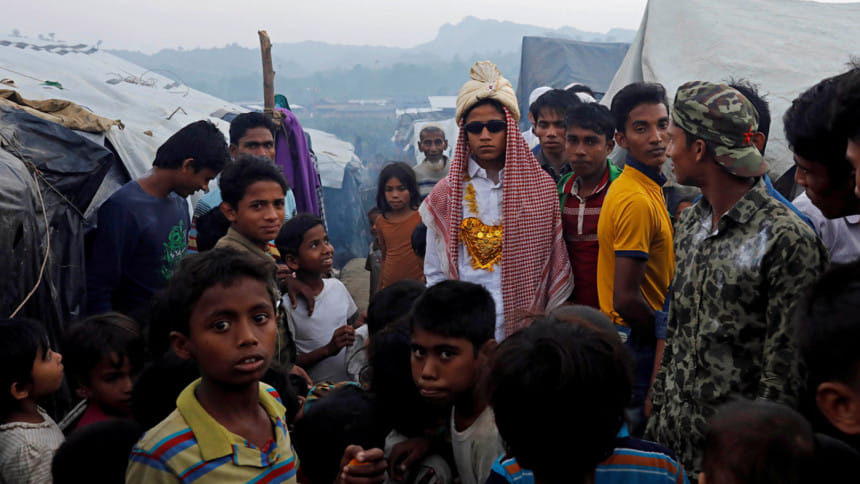
More than 48,000 Rohingya babies are expected to be born in Bangladesh this year, beginning their lives in camps and makeshift settlements where families rely on food rations to survive and live in flimsy tents made of plastic and bamboo.
Few of these babies will be born in health facilities, and from day one will be at an increased risk of getting sick, suffering malnutrition and therefore dying before the age of five, warns Save the Children.
READ everything about Rohingya crisis: The other face of today's humanity
According to the Needs and Population Monitoring Report, approximately 4.9 percent of the total Rohingya population in Bangladesh (867,673) are pregnant women, or 42,516 women.
It is estimated that 15 percent will have a miscarriage, meaning there will be an estimated 4,015 live births per month or 48,184 live births in 2018.
Children make up approximately 58 percent (379,900) of the 655,000 Rohingyas in Bangladesh, according to UNICEF.
"We're expecting about 130 live births per day across 2018. Most babies will likely be born at home in basic tents, in part because of the shortage of quality, 24-hour health facilities able to handle and manage basic emergency obstetrics, as well as challenges accessing health care," Save the Children Health Advisor in Cox's Bazar, Rachael Cummings said.
The official said camps have poor sanitation and are a breeding ground for diseases like diphtheria, measles and cholera, to which newborn babies are particularly vulnerable and this is no place for a child to be born.
"The disadvantage these newborn Rohingya babies will face, by virtue of the situation they are born into, is truly heartbreaking. From the very beginning they will battle odds stacked against them, living in an overcrowded environment where everyone is desperate for help," said Cummings.
Save the Children runs a network of nine community health posts in Cox's Bazar. Staffed by experienced doctors, nurses and midwives, each facility sees about 70 people a day, many of whom are expectant or new mothers, as well as people presenting with conditions like skin disease, fever and malnutrition.
"While home deliveries and the use of traditional birthing attendants are common, there is a huge number of pregnant and lactating women needing maternal health support, many of whom present at these health posts," Cummings said.
"Aid organisations like Save the Children are doing all we can. However, the needs are simply enormous and we don't have enough resources and funding to ensure every mother and child receives the medical care they require," reads the statement UNB obtained from Save the Children
They urged the international community to step up and provide funding for this response so that vulnerable Rohingya children and families continue to receive the support they so desperately need.
Save the Children runs more than 50 child friendly spaces, child play areas and early learning programmes for Rohingya children in the camps.
Save the Children has reached more than 380,000 Rohingya in Bangladesh since September 2017.

 For all latest news, follow The Daily Star's Google News channel.
For all latest news, follow The Daily Star's Google News channel. 


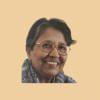
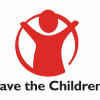
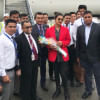
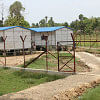


Comments